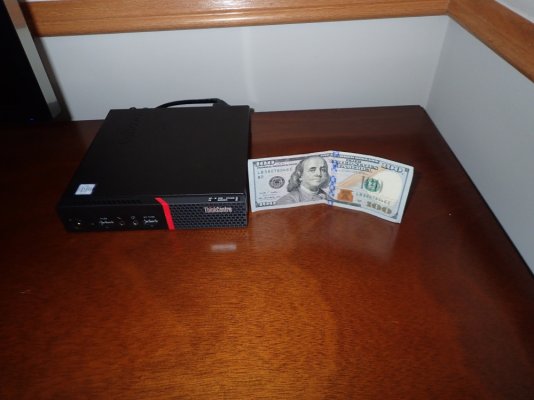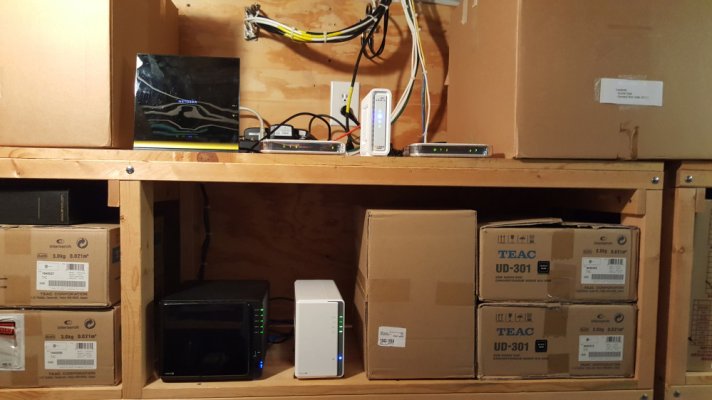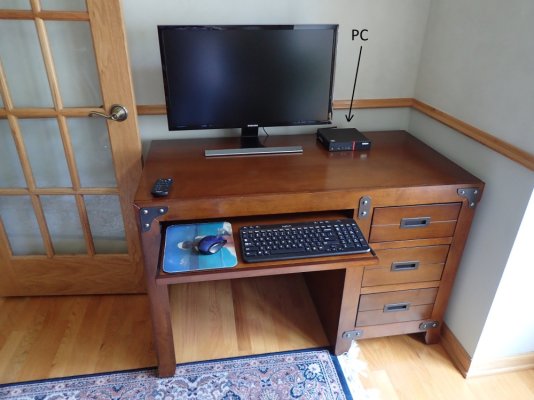I agree. We should start a thread on backup practices. I want to do better than I currently am, so this has gotten interesting.
I backup nightly to an external USB hard drive using Macrium Reflect to create full image backups. This gives me protection against my own stupid mistakes. For instance, if I accidentally delete a file or folder, I can recover them quickly from my backup drive.
Of course, having the backup drive connected to the computer means it is vulnerable to the same threats as my main drive (computer viruses, power surges, fire, theft, floods, tornadoes, etc.). My backup drive could also fail at any time, rendering it useless if my main drive fails.
So about once a month I swap my backup drive with a second identical drive I keep in the safe deposit box at the bank. Even if my house were to burn down and take the computer and backup drive out, I still have the one at the bank I can recover critical data from.
Just for added protection, I also burn some of my more critical data to BluRay data discs. Things such as financial documents, photos, home movies, etc. In theory, if I were to accidentally delete something from my hard drive without realizing it (or if a virus corrupted files), those missing or corrupted files would also be duplicated on my backup drives. But I know anything I burn to the blu-ray disc is not going to change with time.
The key is to have multiple backups, stored in multiple locations, on a variety of media.



